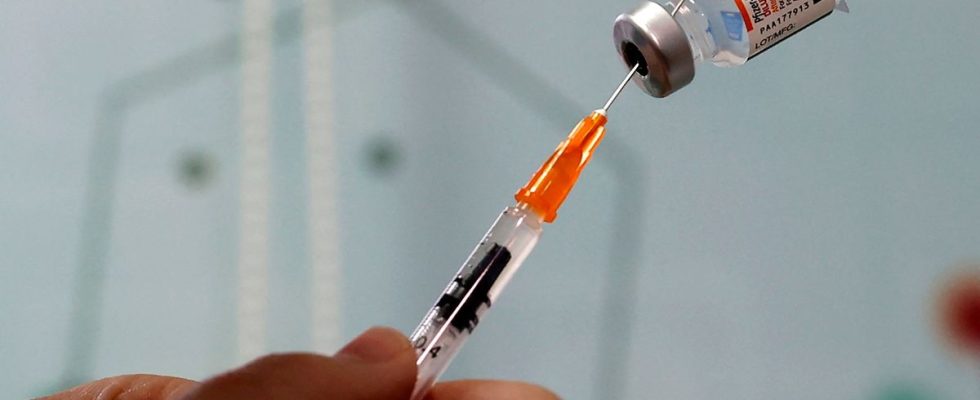Objective: to strengthen access to messenger RNA (mRNA) vaccines on the continent. The German laboratory BioNTech announced on Monday that it had reached a key milestone in the creation in Rwanda of its first vaccine production center in Africa. A production unit to manufacture vaccines against various diseases in Africa has been set up in the Rwandan capital Kigali. Made from recycled shipping containers, it spans 35,000 square meters.
Its construction will be completed in 2024 and production should begin the following year, said the German biotechnology laboratory. It was he who, with the American Pfizer, quickly and successfully developed the world’s first approved Covid-19 vaccine, which generated billions of euros in revenue for both companies.
Vaccines distributed to the 55 members of the African Union
The project in Rwanda, worth $150 million, began in June last year and aims to not renew the situation of Africa’s total dependence on imported vaccines as during the Covid-19 pandemic. “At first, the consensus was that mRNA vaccines could not even be administered in Africa. We said it was too complicated for our health systems,” declared Rwandan President Paul Kagame during a ceremony in the presence of the head of the European Commission, Ursula von der Leyen.
“When we embarked on this adventure to manufacture these vaccines on the continent, we were told that it would take at least 30 years. It was completely false. It is possible and it is necessary,” he added. BioNTech plans to employ around 100 local employees when the factory is fully operational and train them to manufacture a host of new vaccines using mRNA technology. Rwanda will distribute the vaccines to the 55 members of the African Union.
The first anti-Covid vaccine factory on the African continent was launched last April in Cape Town, South Africa, spearheading the fight for equal access to anti-Covid vaccines, with the support of the World Health Organization (WHO), and carried by the South African biopharmaceutical company Biovacbiotechnology company Afrigen and the South African Medical Research Council.

